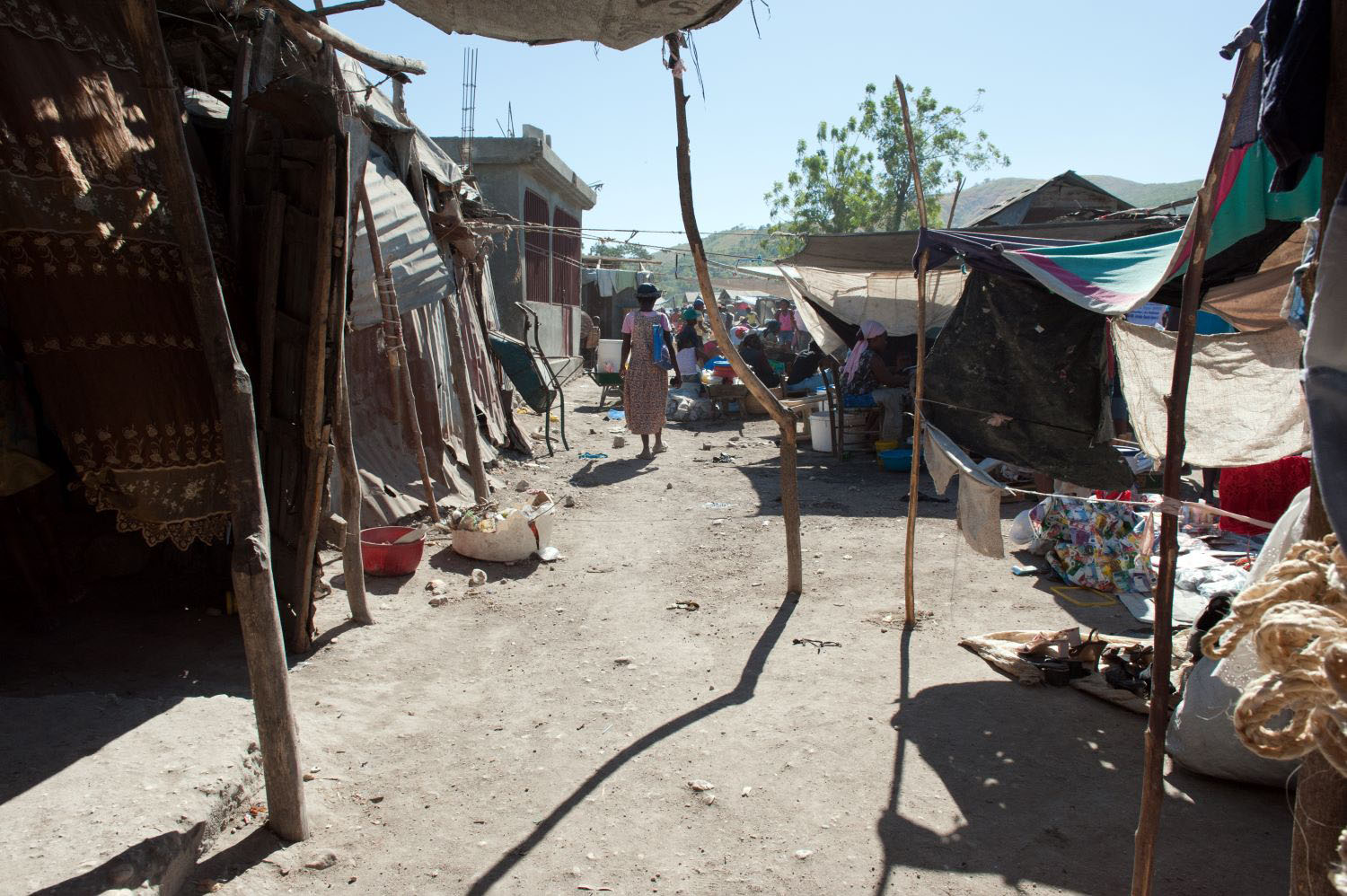Recommended
Haiti is once more experiencing a severe crisis of instability and political unrest. The devastating 2010 earthquake catastrophe was seen as a chance to break with the past and steer the nation in a new direction. Although some progress was made, it was only short-lived, insufficient to establish a growth path, uneven across sectors, and, as we have since learned, politically unsustainable. The analysis identifies several reasons the effort was insufficient to bring stability and growth: (i) objectives spanned reconstruction and development while resources were limited; (ii) the approach taken to build up security was unsustainable, leaving an underfunded and institutionally weak police force; (iii) divisive and confrontational politics was recognized as the critical challenge but it was not dealt with as such; (iv) coordination between Haitian authorities and international actors suffered from a deep sense of mistrust, never achieving a shared and clear action plan; (v) state-building efforts failed and institutions deteriorated further; and, (vi) the project-by-project approach followed by international donors dispersed effort, limited adaptation to a complex reality and increased transaction costs. Policy recommendations follow the analysis, arguing for a more focused strategy from the international community with a long-term programmatic approach. Until a reasonable level of stability is reached, security and social protection should take precedence. A final reflection will be offered on how lessons learned in Haiti can be useful in other fragile contexts.
Haití está experimentando nuevamente una grave crisis de inestabilidad y agitación política. La devastadora catástrofe del terremoto de 2010 fue vista como una oportunidad para romper con el pasado y dirigir a la nación en una nueva dirección. Aunque se logró cierto progreso, este fue efímero, insuficiente para establecer un camino de crecimiento, desigual en diferentes sectores y, como hemos aprendido desde entonces, políticamente insostenible. El análisis identifica varias razones por las cuales el esfuerzo fue insuficiente para lograr estabilidad y crecimiento: (i) los objetivos abarcaron la reconstrucción y el desarrollo mientras que los recursos eran limitados; (ii) el enfoque adoptado para construir seguridad fue insostenible, dejando una fuerza policial subfinanciada y débil institucionalmente; (iii) la política divisiva y confrontativa fue reconocida como el desafío crítico, pero no se abordó como tal; (iv) la coordinación entre las autoridades haitianas y los actores internacionales sufrió de una profunda desconfianza, nunca logrando un plan de acción compartido y claro; (v) los esfuerzos de construcción del estado fallaron y las instituciones se deterioraron aún más; y, (vi) el enfoque de proyecto por proyecto seguido por los donantes internacionales dispersó el esfuerzo, limitó la adaptación a una realidad compleja y aumentó los costos de transacción. Las recomendaciones de políticas siguen al análisis, argumentando a favor de una estrategia más enfocada por parte de la comunidad internacional con un enfoque programático a largo plazo. Hasta que se alcance un nivel razonable de estabilidad, la seguridad y la protección social deben tener prioridad. Se ofrecerá una reflexión final sobre cómo las lecciones aprendidas en Haití pueden ser útiles en otros contextos frágiles.
Rights & Permissions
You may use and disseminate CGD’s publications under these conditions.
Image credit for social media/web: Adobe Stock/FrankBirds






